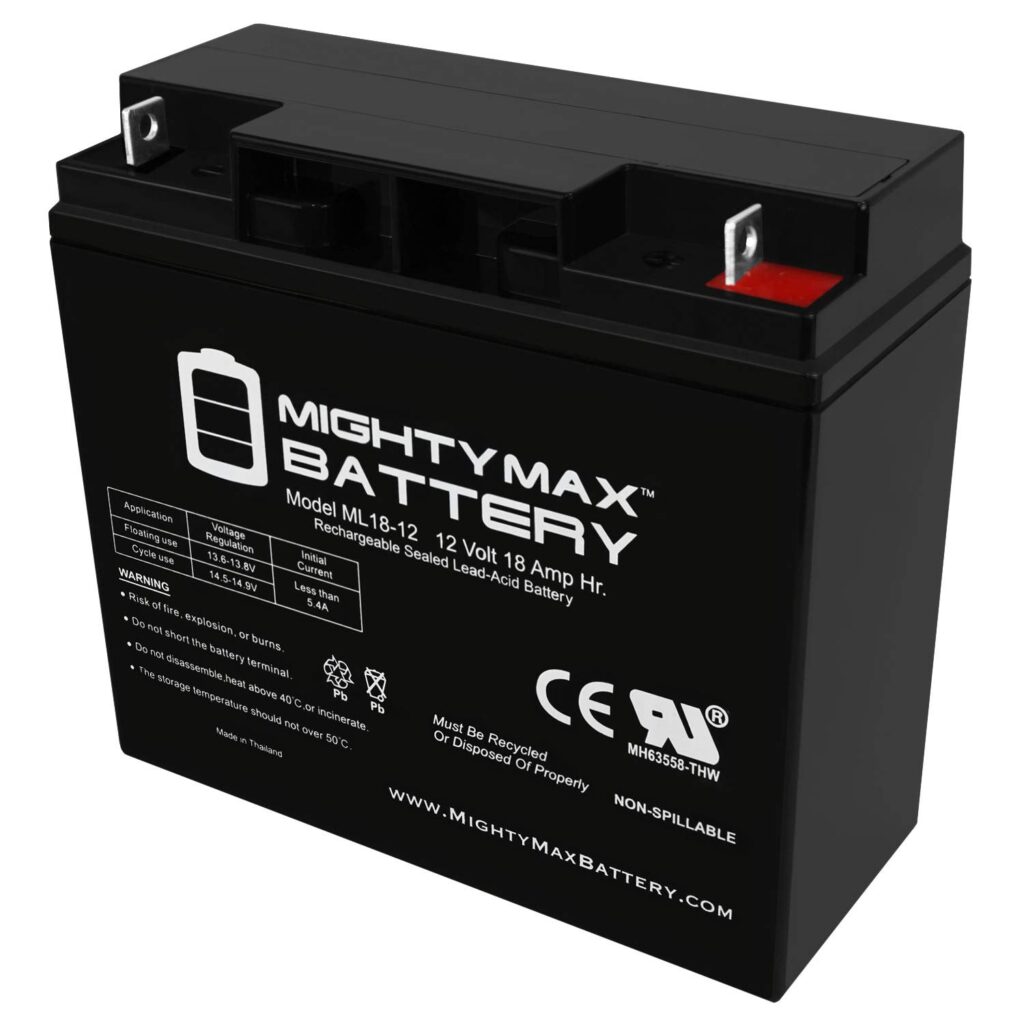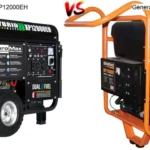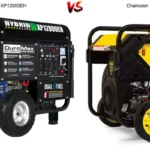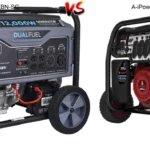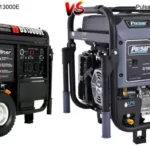Generator batteries are an important part of any generator, and understanding how to properly use and maintain them is essential. In this article, we’ll provide an overview of generator batteries, including reviews, guides and how tos. We’ll cover important topics such as battery types, maintenance, and installation. We’ll also discuss the pros and cons of each type of battery and provide tips on how to get the most out of your generator battery.
Generator Batteries: Identifying the Different Types
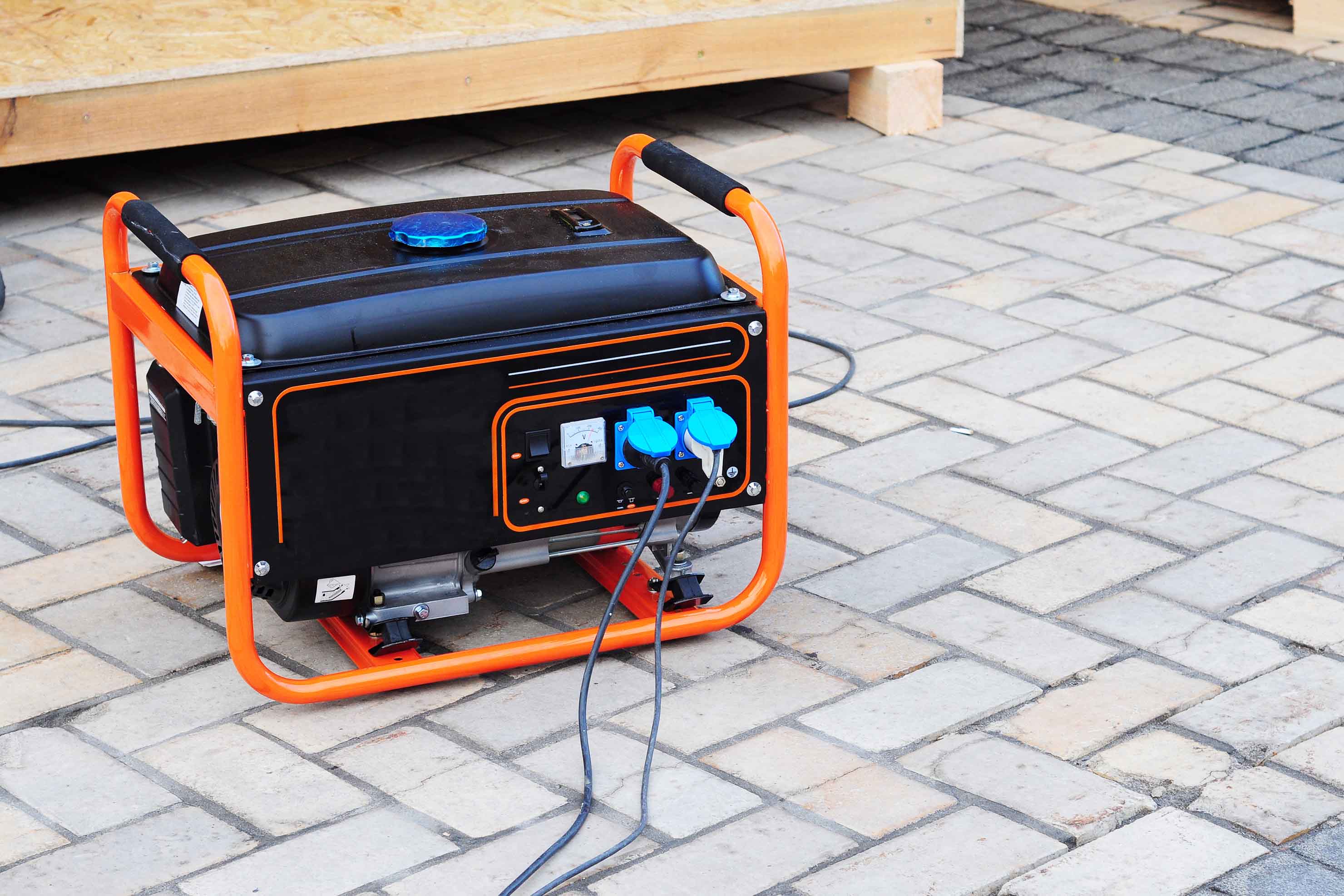
Lead-acid Batteries
Lead-acid batteries are the most common type of generator battery used today. They are typically made up of lead plates and acids, and are the least expensive type of generator battery. They provide a long service life and require little maintenance, making them a popular choice for generator owners. Lead-acid batteries are available in both flooded and sealed designs, with the flooded design requiring regular maintenance and topping off of the liquid electrolyte.
Lithium-Ion Batteries
Lithium-ion batteries are a newer type of generator battery that offers a number of advantages over lead-acid batteries. They are more efficient and offer longer life cycles, meaning they need to be replaced less often. They are also lighter and smaller, making them easier to transport and install. However, lithium-ion batteries are more expensive than lead-acid batteries and require more sophisticated charging systems.
How to Choose a Generator Battery
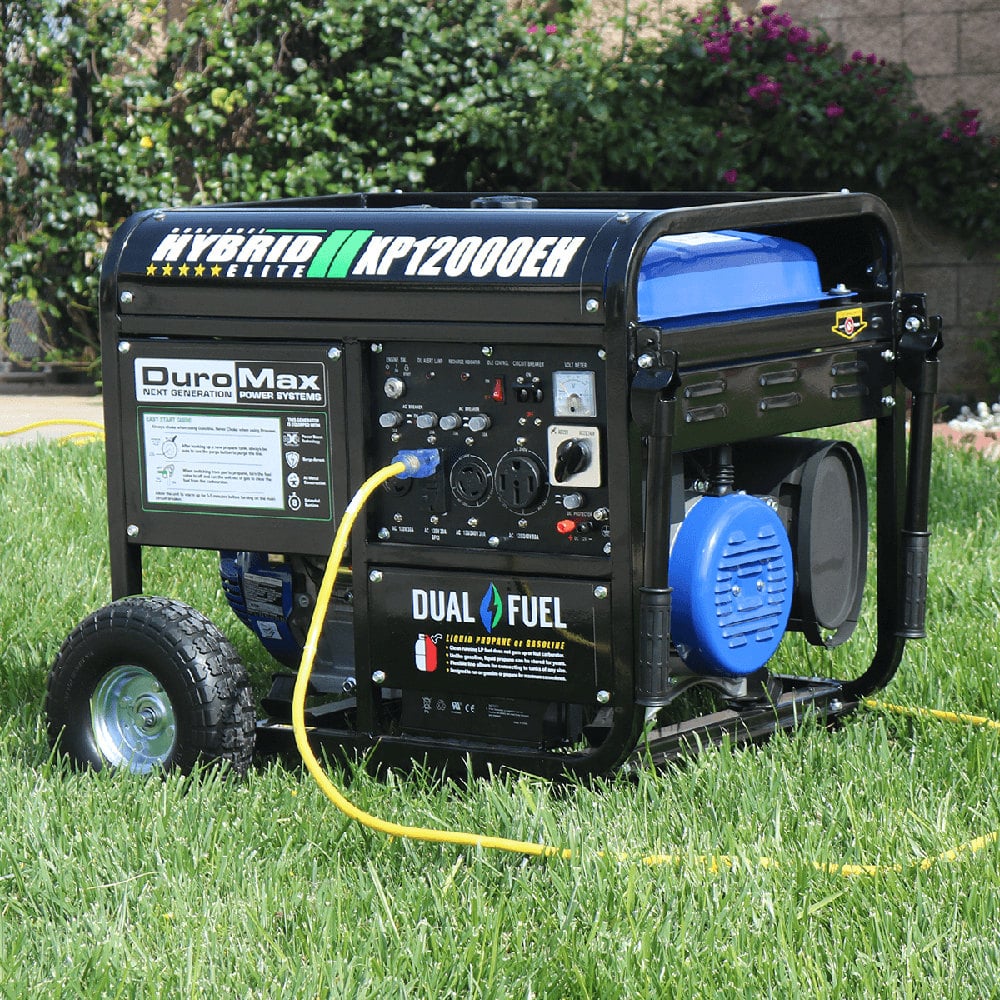
Generator batteries come in various sizes and capacities, so making the right choice for your needs can be a bit tricky. By following this guide, you can find the best generator battery for your needs.
1 Consider the Size and Weight of the Generator
When choosing a generator battery, it’s important to take into account the size and weight of the generator you plan to use it with. Make sure that your battery is compatible with the size and weight of your generator, otherwise you may end up having to buy a different battery later.
2 Consider the Voltage and Capacity of the Battery
The voltage and capacity of the generator battery are two important factors to consider when choosing the right one. The voltage of the battery will determine how much power it can provide, while the capacity will determine how long it can run before needing to be recharged.
3 Consider the Cost of the Battery
Finally, you’ll want to consider the cost of the generator battery. Prices can vary widely depending on the size, voltage, and capacity of the battery, so it’s important to make sure you’re getting the best value for your money.
Maintenance and Care for Generator Batteries
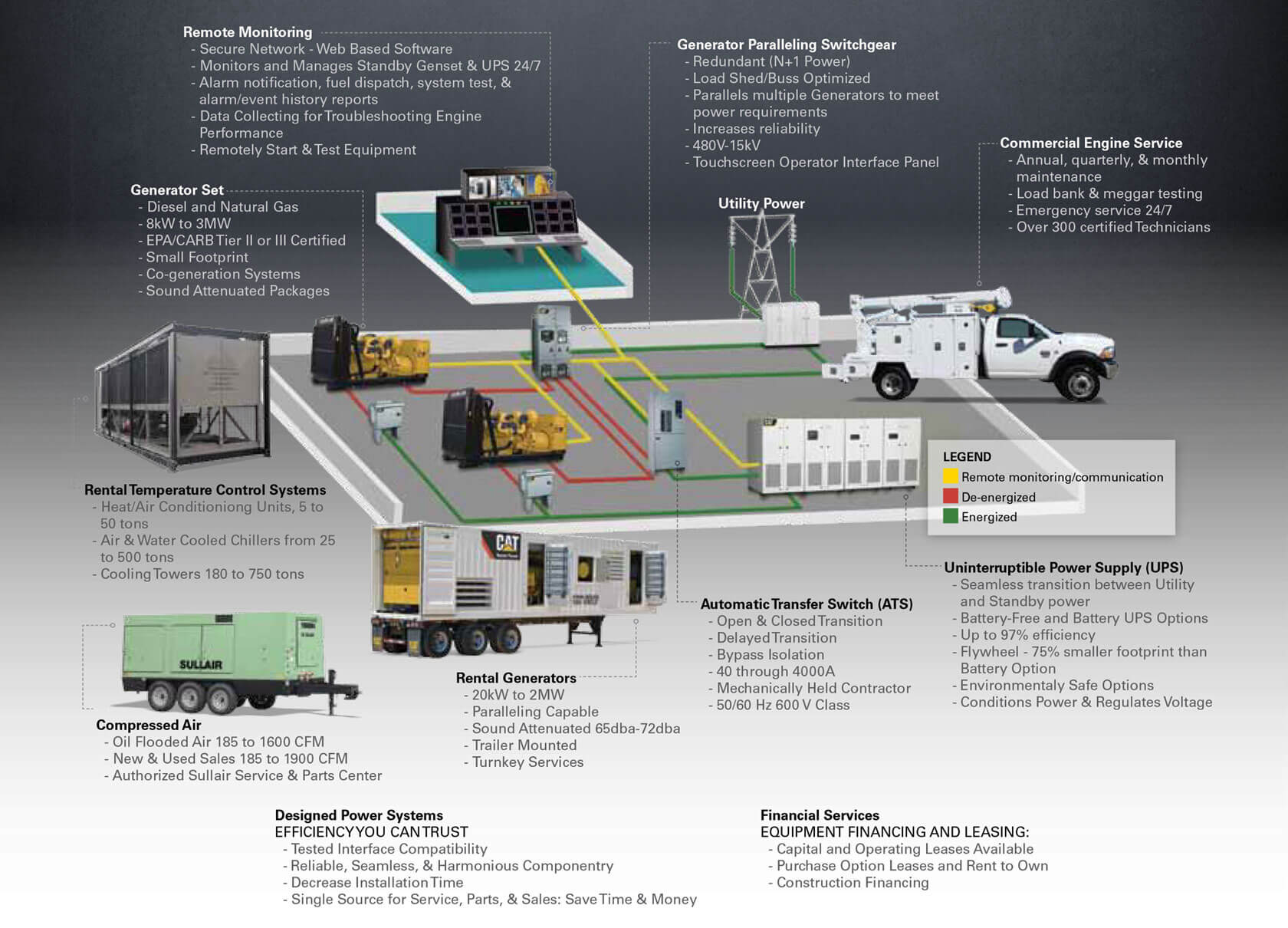
Cleaning
Generator batteries must be kept clean for optimum performance. Dirt and corrosion can cause terminals to corrode and reduce the amount of current that can be drawn from the battery. To clean the terminals, use a wire brush or a damp cloth and baking soda. Make sure to remove all corrosion from the terminals and wipe them dry.
2 Charging
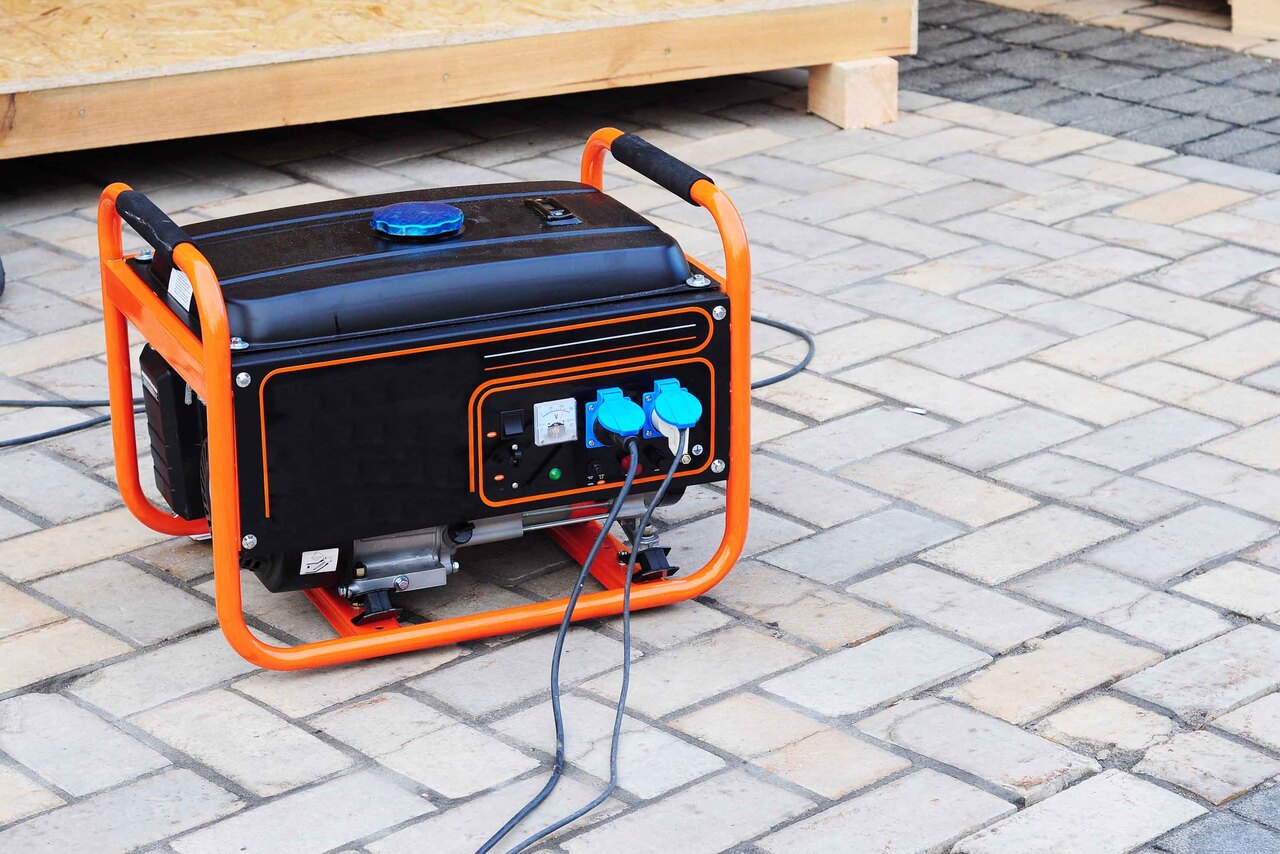
A generator battery should be charged regularly in order to ensure its optimal performance. The following steps should be taken when charging a generator battery:
- Ensure the battery is disconnected from the generator.
- Connect the battery to the charger.
- Set the charger to the appropriate voltage.
- Allow the battery to charge until it is full. It is generally recommended to charge the battery for at least 24 hours.
- Once the battery is fully charged, disconnect the charger and reconnect the battery to the generator.
It is important to note that the battery should be charged in a well-ventilated area and the charger should be kept away from flammable materials. Additionally, the charger should be disconnected from the battery before attempting any maintenance activities.
3 Storage
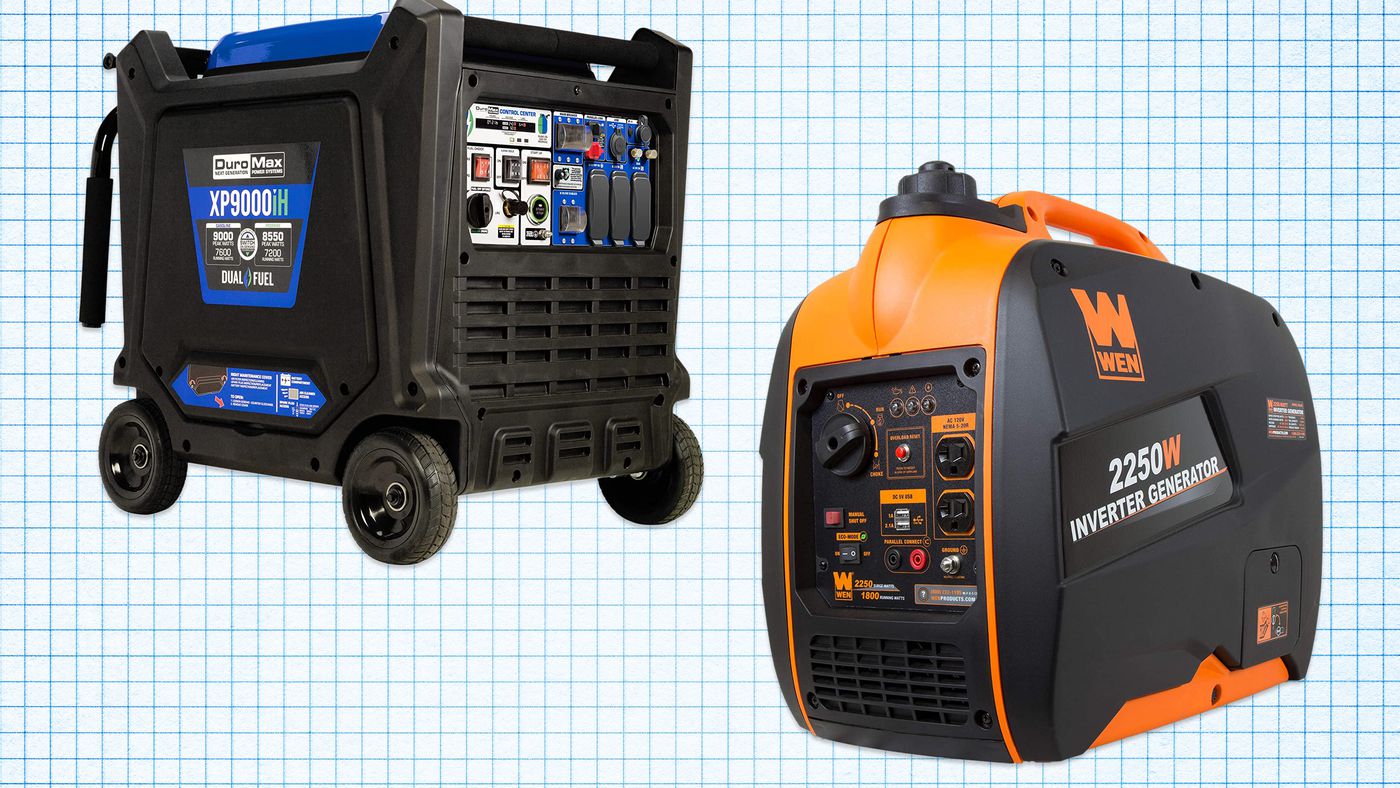
Generator batteries are essential for powering a generator and keeping it running. They are typically used to store energy from the generator, providing a steady power supply to the generator when it is needed. There are three main types of generator batteries that are commonly used: Gel Cell, AGM, and Lead Acid.
Gel Cell batteries are one of the most popular types of generator batteries. They are sealed and have a gel-like electrolyte that is non-spillable and non-corrosive. Gel Cell batteries are highly resistant to vibration, making them ideal for use in mobile applications such as portable generators. They generally provide longer life and are more expensive than other types of batteries.
AGM batteries are also popular for use in generators. They are sealed and have a liquid electrolyte that is absorbed by a fiberglass mat. AGM batteries are highly resistant to vibration and are excellent for deep cycle use. They are also more expensive than other types of batteries.
Lead Acid batteries are the most common type of generator batteries. They are inexpensive and have a liquid electrolyte. Lead Acid batteries are more susceptible to vibration and wear, making them less suitable for mobile applications. However, they are an economical option for stationary generators.
Generator batteries are an essential part of keeping a generator running. By understanding the different types of generator batteries available, you can make an informed decision about which type is best for your generator.
Pros and Cons of Generator Batteries
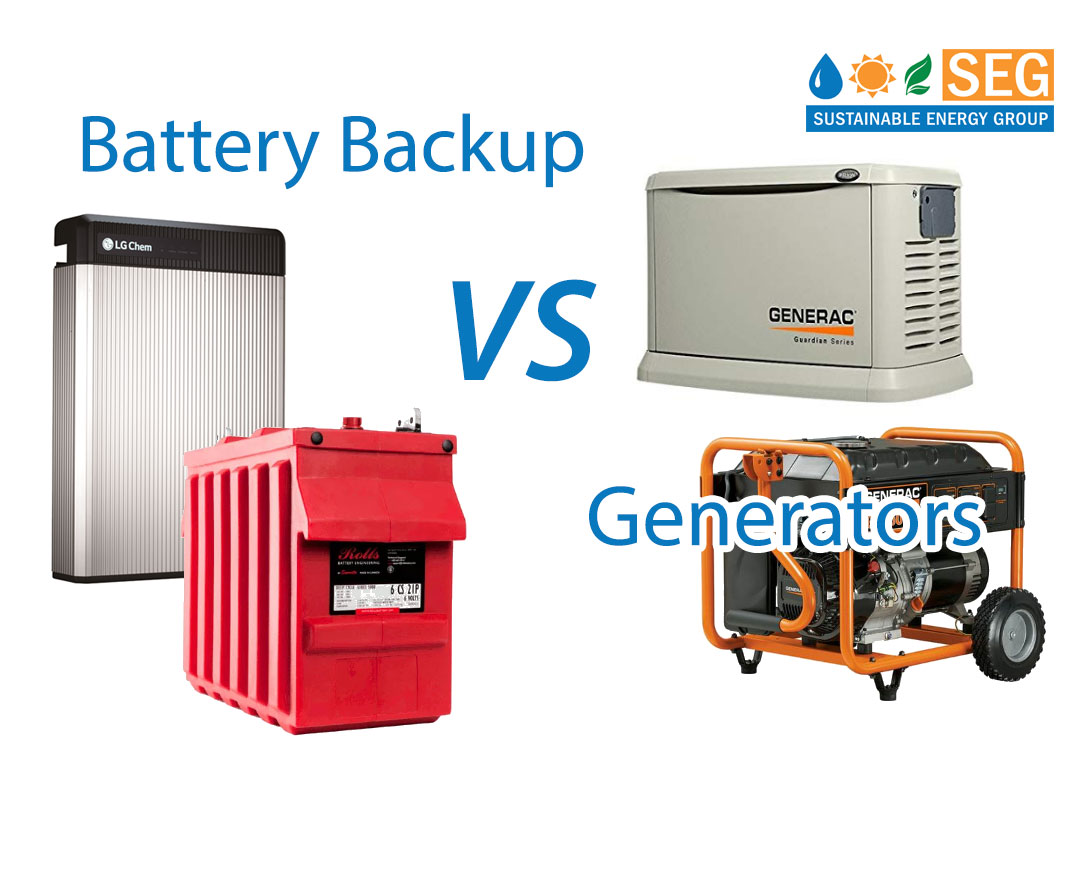
Generator batteries are a convenient and cost-effective way to power a variety of appliances. Using generator batteries, you can store and use power when you need it most, saving you money and time. However, there are some pros and cons to consider before investing in generator batteries.
Pros of Generator Batteries
| Pros | Description |
|---|---|
| Cost-Effective | Generator batteries are relatively inexpensive in comparison to other power sources and can save you money in the long run. |
| Portable | Generator batteries are lightweight and compact, and can be easily transported and stored. |
| Versatile | Generator batteries can be used to power a variety of appliances, from lights to televisions. |
| Reliable | Generator batteries are reliable and can be used in a variety of conditions, including extreme temperatures and varying weather. |
Cons of Generator Batteries
| Cons | Description |
|---|---|
| Short Life Span | Generator batteries tend to have a short lifespan and need to be replaced often. |
| High Maintenance | Generator batteries require regular maintenance and may need to be recharged or replaced more often than other power sources. |
| Inconvenient | Generator batteries can be difficult to transport and store, and may not be the best option for long-term power needs. |
Generator batteries can be a great option for those who need a convenient and cost-effective power source. However, it is important to consider the pros and cons of generator batteries before making an investment.
Alternatives to Generator Batteries
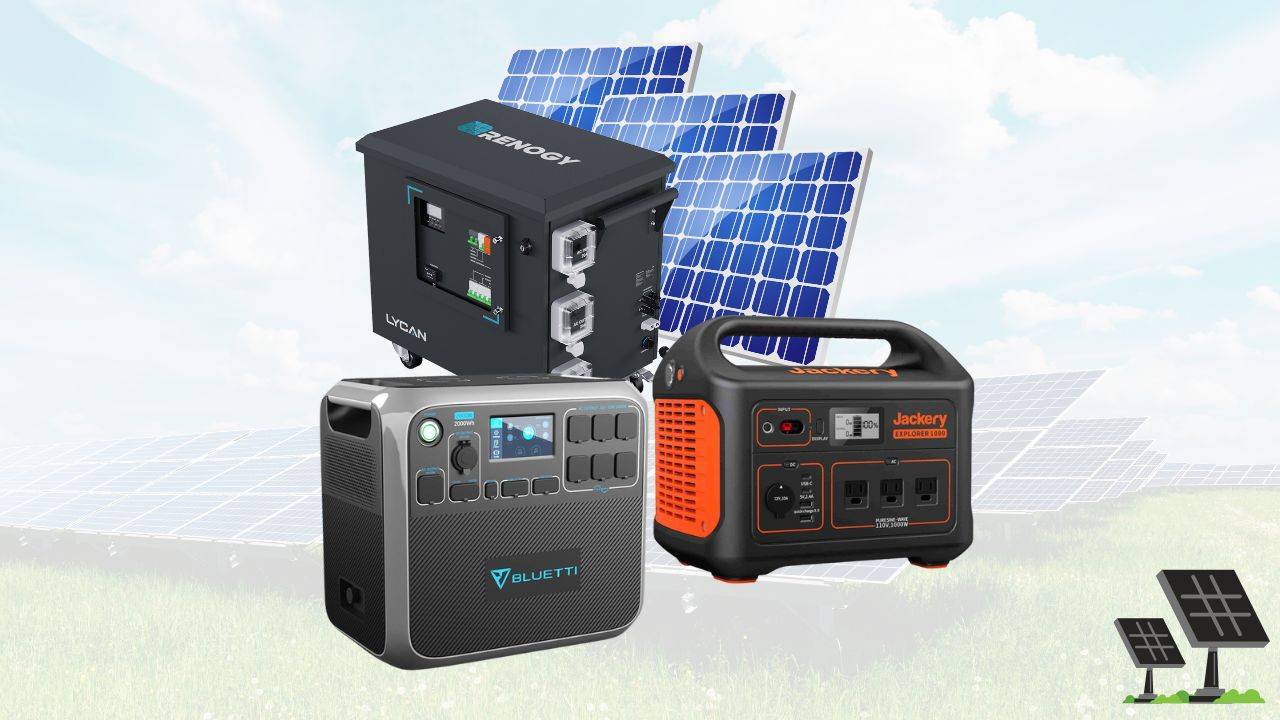
Generator batteries provide power for your generator when the main grid is unavailable. However, if you are looking for an alternative to generator batteries, there are several options. In this article, we will discuss the different alternatives to generator batteries and their pros and cons.
Solar Panels
Solar panels are a great alternative to generator batteries because they create clean, renewable energy. Solar panels have no moving parts and require little to no maintenance. They also have a long lifespan of up to 30 years and can be easily mounted on your roof. The downside to solar panels is that they are expensive to install and may not be suitable for areas with low sunlight.
Wind Turbines
Wind turbines are another viable option for generating power. Wind turbines are a renewable source of energy, and they require little to no maintenance. They also have a long lifespan and can be easily installed on your property. The downside is that they are expensive to install and may not be suitable for areas with low wind speeds.
Hydroelectric Power
Hydroelectric power is a clean and renewable source of energy. It is produced by using the power of water to generate electricity. Hydroelectric power is reliable, efficient, and requires little to no maintenance. It also has a long lifespan and can be easily installed on your property. The downside is that it is expensive to install and may not be suitable for areas with low water levels.
Pros and Cons of Alternatives to Generator Batteries
| Alternative | Pros | Cons |
|---|---|---|
| Solar Panels | Clean, renewable energy No moving parts Low maintenance |
Expensive to install May not be suitable for areas with low sunlight |
| Wind Turbines | Renewable energy Low maintenance Long lifespan |
Expensive to install May not be suitable for areas with low wind speeds |
| Hydroelectric Power | Clean, renewable energy Reliable and efficient Low maintenance |
Expensive to install May not be suitable for areas with low water levels |
In conclusion, generator batteries are a reliable source of power, but there are several alternatives to consider if you are looking for an alternative. Solar panels, wind turbines, and hydroelectric power all have their own pros and cons. It’s important to consider the pros and cons of each option before making a decision.
How to Install a Generator Battery
Installing a generator battery is a relatively straightforward process. But before you begin, it is important to make sure that you have the right type of battery for your generator. Depending on the make and model of your generator, you may need to get a specialized battery for your particular generator.
Once you have the correct battery, you can begin the installation process. Here are the steps to follow to install a generator battery:
- Disconnect the battery from the generator. Always make sure to disconnect the negative cable first and then the positive cable.
- Remove the old battery from the generator and discard it properly. Make sure to check with your local recycling center for the correct disposal procedure.
- Clean the terminals of the generator with a wire brush. This will help ensure the battery will make a good connection.
- Install the new battery in the generator. Make sure the positive and negative terminals are securely connected.
- Reconnect the positive and negative cables to the battery. Make sure to connect the positive cable first and then the negative cable.
- Check the battery level to make sure it is properly charged. If the battery is not fully charged, use a battery charger to top off the charge.
- Start the generator and check for proper operation. Make sure the generator is running smoothly and that the battery is providing the necessary power.
Following these steps will help ensure that your generator battery is properly installed. Once the installation is complete, be sure to keep the battery properly charged and well maintained for optimal performance.
Frequently Asked Questions
1. What are the Benefits of Using a Generator Battery?
Generator batteries are an essential part of a generator system, keeping the generator running in the event of a power outage. They offer many potential benefits that can help people remain safe and comfortable during a power outage.
- Longer Generator Run Times – Generator batteries can provide longer run times than a regular generator, which is especially important during a prolonged power outage.
- Reduced Noise – Generator batteries are quieter than regular generators, making them ideal for use in residential areas.
- Easier to Install – Generator batteries are easier to install than regular generators, making them suitable even for those with limited DIY experience.
- Reduced Carbon Emissions – Using a generator battery instead of a regular generator can reduce carbon emissions, helping to protect the environment.
- Safety – Generator batteries are safer than regular generators, as they are less likely to cause fires or other dangers.
- Cost Savings – Generator batteries can be more cost-effective than regular generators, saving money in the long run.
2. What should I consider when shopping for a generator battery near me?
When shopping for a generator battery near you, there are a few key considerations to keep in mind:
- Type of Battery: Depending on the type of generator you have, you will need to make sure you get the right type of battery. Common types include lead acid, lithium ion, and nickel cadmium.
- Battery Capacity: Battery capacity is measured in ampere-hours (Ah). Make sure the battery you get is the right size (Ah) to fit your generator.
- Voltage: Generator batteries come in a range of voltages, so be sure to get the right voltage for your generator.
- Price: Generator batteries can be expensive, so it is important to shop around and compare prices to find the best deal.
- Warranty: Make sure the battery you purchase comes with a warranty so you can be protected in case something goes wrong.
- Brand: Different brands offer different levels of quality, so be sure to do some research and read reviews before making a purchase.
By keeping these considerations in mind, you should be able to find the perfect generator battery for your needs.
3. Are there any special considerations when buying generator batteries for sale?
When purchasing generator batteries, there are several important factors to consider.
- Voltage: Generator batteries are available in a variety of voltages, so it is important to choose one that matches the voltage of the generator.
- Type: The type of battery you need will depend upon the specific application. Lead-acid batteries are the most common type used in generators, but there are some generators that require alternative types of batteries.
- Capacity: Generator batteries come in a variety of capacities, so it is important to select one that has enough power to meet your needs.
- Maintenance: Generator batteries require regular maintenance in order to remain in good working order. This includes checking the battery’s charge level and replacing it if necessary.
- Price: Prices of generator batteries can vary significantly, so it is important to shop around for the best deals.
By taking these considerations into account, you will be able to select the best generator battery for your needs.
4. How do I choose the right battery for a generator?
When choosing a battery for a generator, there are a few key factors to consider. These include:
- Power capacity. You should choose a battery with enough power to meet your generator’s needs.
- Battery type. Different batteries are suitable for different types of generators. For example, a lead-acid battery is suitable for a petrol generator, while a lithium-ion battery is suitable for a diesel generator.
- Voltage. Make sure the battery has the correct voltage for your generator.
- Battery life. Look for a battery with a long life-span, so that you don’t have to replace it often.
- Price. Consider your budget when selecting a battery.
When shopping for batteries, it’s important to research the type of battery that’s best for your generator. You should also look for a reliable brand and consider the factors mentioned above. This will help you find the right battery for your generator.
5. What type of generator batteries are best for portable generators?
When choosing a generator battery for your portable generator, there are several factors to consider, including size, type, and power output.
- Size: Portable generators come in many sizes, so you’ll want to make sure the battery you choose is the right size for your generator. It’s also important to consider the amount of space you have available to install the battery.
- Type: The most common types of generator batteries are lead acid and lithium-ion. Lead acid batteries are the least expensive option, but they require more maintenance and are heavier than lithium-ion batteries. Lithium-ion batteries are more expensive, but they’re lighter and require less maintenance.
- Power Output: You’ll want to make sure the battery you choose can provide enough power to meet your generator’s needs. Look for a battery with a higher power output if you need more power than your generator can provide.
The best type of generator battery for your portable generator will depend on your specific needs and budget. It’s important to do your research to ensure you’re getting the right battery for your generator.
Conclusion
Generator batteries are essential components of a generator and can be a great way to ensure your generator is functioning correctly. Knowing how to choose and maintain a generator battery is important for optimal performance. Reviews can be a great way to find out what other people think about a specific generator battery and provide valuable insight. Additionally, guides can provide detailed information on how to properly use your generator battery and what to look for when selecting one. Ultimately, knowing how to properly choose, use, and maintain a generator battery can ensure your generator will last for many years to come.
References
- Coleman Powermate Generator Battery Review – https://www.colemanpowermate.com/generator-battery-reviews/
- Generator Battery Buying Guide – https://www.powersmiths.com/generator-battery-buying-guide/
- All You Need to Know About Generator Batteries – https://www.thegeneratorsite.com/generator-batteries-all-you-need-to-know/
- How to Choose a Generator Battery – https://www.batterystuff.com/kb/articles/how-to-choose-a-generator-battery.html
